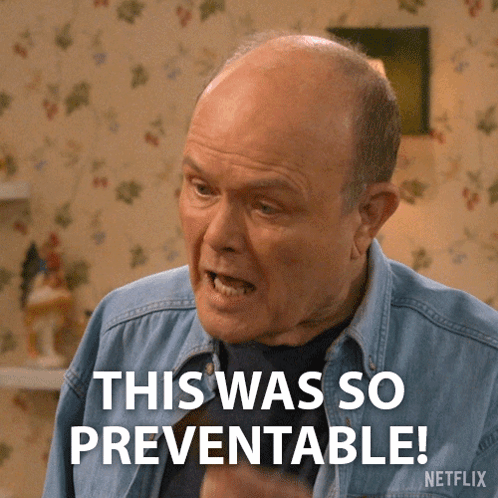How to Speak Up When Changes Are Made Without You

Wait, what?
You arrive at work to discover your entire workflow has been reorganised overnight.
New procedures have been implemented, systems have been changed, and workspaces rearranged – all without anyone asking for your input. As someone who uses these processes every day, you can already spot problems that could have been avoided.
You're left wondering why nobody thought to ask the people who actually do the work.
Do you feel like you're not consulted about proposed changes at work?
This experience of being left out of important changes isn't just frustrating – it's a recognised workplace issue known as a lack of change consultation.
And when decisions that affect your daily work are made without your input, it can impact both work effectiveness and your sense of workplace value.
Understanding Change Consultation
Change consultation means involving employees in decisions that affect their work before changes are implemented. This involvement is crucial for both practical outcomes and employee engagement.
When change consultation is effective, employees' expertise helps shape changes that work better for everyone.
On the other hand, when consultation is lacking, you need strategies to ensure your voice is heard in future decisions.

Why It Matters
Here's why lack of consultation needs attention:
- It can result in impractical changes that create new problems
- It often leads to reduced engagement and buy-in from affected staff
- It may waste time and resources fixing issues that consultation could have prevented
But you don't have to accept being left out of important decisions – there are a few ways you can contribute to the change process.

1. Share Impact
Document how changes affect your work, including both challenges and suggested improvements.
2. Build Channels
Develop relationships with decision-makers who can involve you in future changes.
3. Offer Solutions
Proactively suggest improvements based on your practical experience.

Making Your Voice Count
Being excluded from decisions that directly affect your work can make you feel like a passenger rather than a valued crew member.
But when you advocate for consultation, you'll do more than get your voice heard – you'll be creating a workplace where everyone's expertise contributes to better outcomes.
Plus, when you use MOOD.ai to track how you feel about each day, you'll supercharge your self-awareness. This not only helps navigate daily challenges, but also sharpens your ability to spot opportunities and contribute meaningfully to future decisions.
You have solid practical knowledge, and this matters.
It's all about speaking up.

